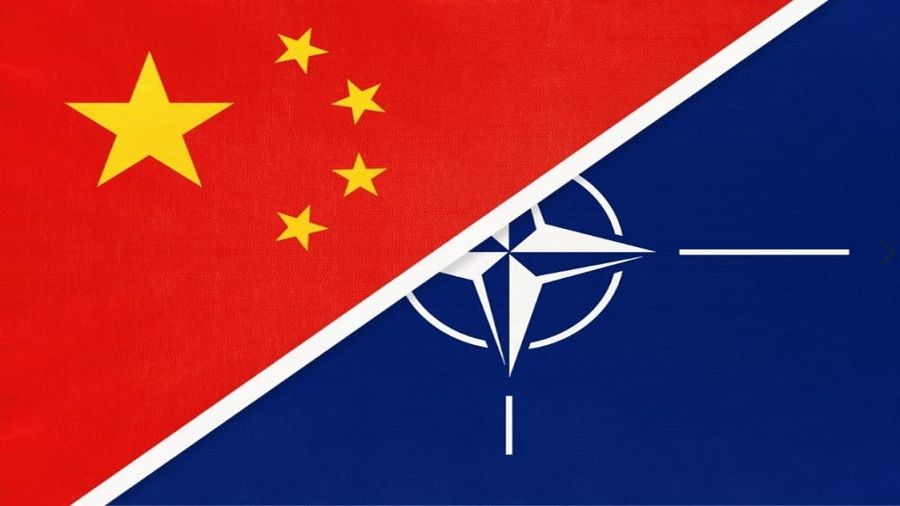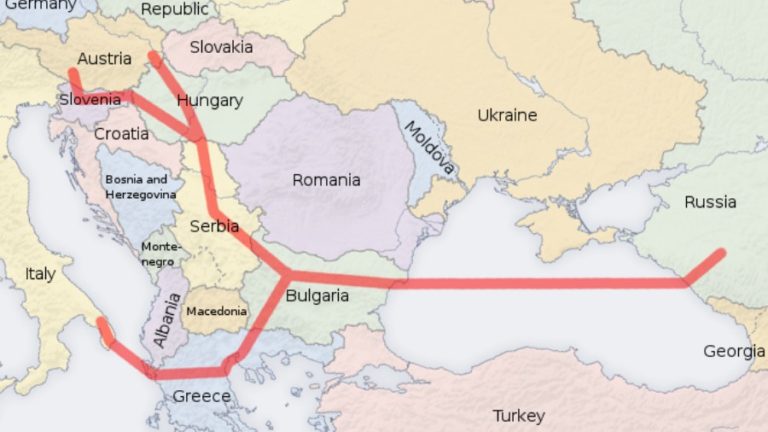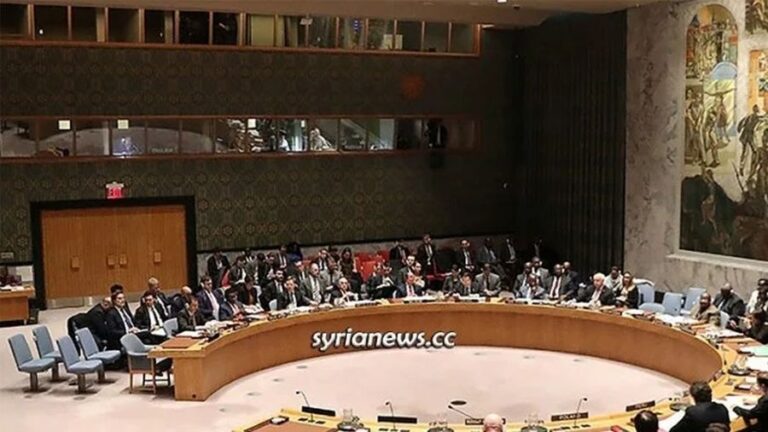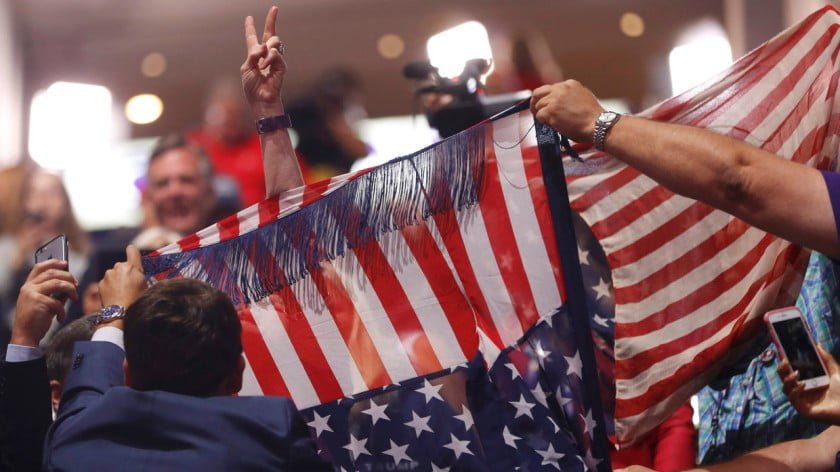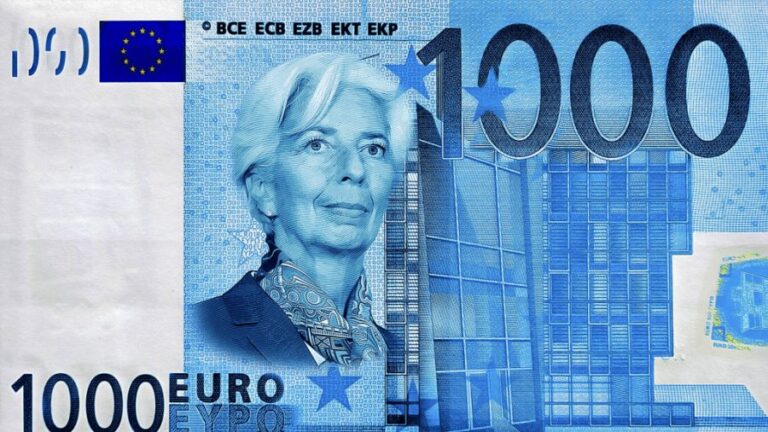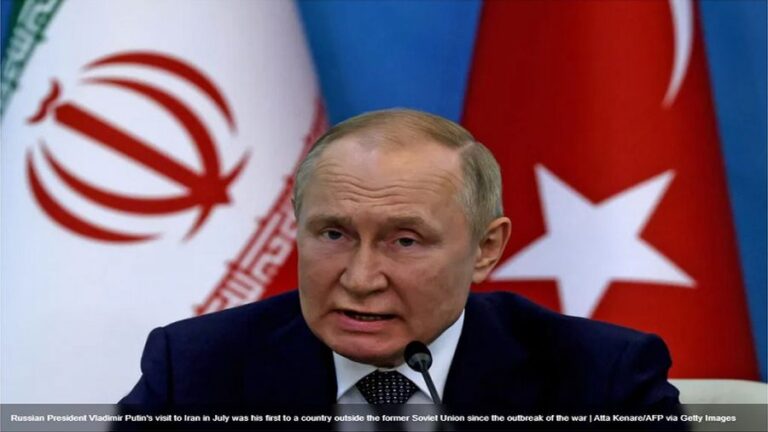NATO’s Expansion into the Asia-Pacific Heralds the Next Hot Phase of the New Cold War
The latest hot phase of the New Cold War in Eastern Europe will inevitably de-escalate with time, after which the center of global tensions will shift to East Asia as US-led NATO attempts to replicate its aggressive containment policy against China. The outcome of the first-mentioned proxy war between the Golden Billion and Global South in Ukraine will greatly influence the course of the second one between them over Taiwan, which everyone should expect to occur sometime in the coming future.
The New Cold War between the US-led West’s Golden Billion and the jointly BRICS– and SCO-led Global South has hitherto been fought kinetically via proxy by the former against the latter’s Russian member, which also happens to have since become the de facto leader of the Global Revolutionary Movement. Moscow was targeted by Washington before Beijing because it’s considered the so-called “weaker link” between the two, which must be contained then “Balkanized” in order to preserve unipolarity.
Nevertheless, the priority paid by the US to Russia at this point in time doesn’t mean that it’s ignoring that People’s Republic. In fact, America is actually accelerating its conventional military efforts to contain China as well as evidenced by the gradual expansion of NATO to the Asia-Pacific as touched upon by Russian Foreign Minister Lavrov in his speech at Sunday’s East Asia Summit in Cambodia. According to this newly restored world power’s top diplomat, this process is already in progress.
He warned about how the Anglo-American members of NATO envisage informally incorporating Japan and New Zealand into their AUKUS alliance with Australia. The purpose behind doing so is to strengthen their collective anti-Chinese containment capabilities ahead of what’s likely to be an eventual Ukrainian-like security dilemma provocation against Beijing through Taiwan. Basically, the conventional military groundwork is being laid for replicating the Eastern European scenario in East Asia.
With this in mind, it can confidently be predicted that the next hot phase of the New Cold War over the direction of the global systemic transition will inevitably occur in that part of the supercontinent. This doesn’t mean that it’s imminent since some time might still be needed in order to better coordinate the Golden Billion’s respective efforts alongside their regional vassals, the latter of which might also come to include the Philippines and South Korea, but just that the writing is already clearly on the wall.
The comprehensive pressure that China will be put under in that scenario will likely lead to one of two outcomes: it’ll either robustly defend its national security red lines in the region like Russia did in Ukraine throughout the course of its ongoing special operation, or it’ll unilaterally concede on some of these selfsame interests through the partial recalibration of its grand strategy with a view towards détente. There’s no middle ground between these two because the choice is literally zero-sum for China.
Its leadership will therefore have to weigh the pros and cons of each scenario, bearing in mind their economy’s exposure to the weaponized maximum pressure sanctions that the Golden Billion is expected to impose in parallel with their planned security dilemma provocation in Taiwan. The People’s Republic promulgated the new development policy of dual circulation two years ago, however, that in hindsight might have been a preemptive means of cushioning the economic blow that such a scenario could have.
Should that be the case, which is credible enough to speculate considering the related military-political reforms pioneered by President Xi during his first two terms in office (including rumored purges of those elite who are considered too Western-friendly), then China might very well defend its security interests. It’s still early to tell what it’ll do, especially since it remains unclear exactly what the preplanned Taiwan security dilemma provocation will occur, but that outcome would be the best for multipolarity.
Unilaterally conceding on some of its national security red lines in Taiwan in favor of buying time and temporarily relieving inevitable economic pressure upon it could risk placing the People’s Republic on the trajectory whereby it might be impossible to prevent its ultimate strategic capitulation. There’s no doubt that President Xi, the CPC, and the PLA are well aware of this possibility, hence why they’re expected to at the very least seriously countenance putting up a robust defense against NATO.
The latest hot phase of the New Cold War in Eastern Europe will inevitably de-escalate with time, after which the center of global tensions will shift to East Asia as US-led NATO attempts to replicate its aggressive containment policy against China. The outcome of the first-mentioned proxy war between the Golden Billion and Global South in Ukraine will greatly influence the course of the second one between them over Taiwan, which everyone should expect to occur sometime in the coming future.

